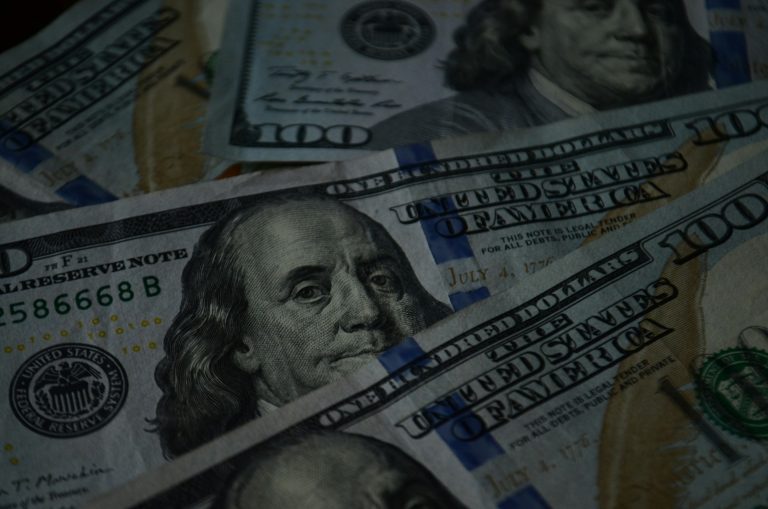
A new tariff agreement between the European Union and the United States, intended to de-escalate trade tensions, is drawing sharp criticism from German manufacturers. The German Mechanical Engineering Industry Association (VDMA) issued a stark warning to Brussels on Wednesday, highlighting the “dire consequences” the deal could have on the sector. Contrary to the EU Commission’s claims of creating stability, the VDMA argues that the agreement fails to provide the long-term planning security that businesses critically need. The core of the problem lies with the persistent US tariffs on steel and aluminum.
Steel and Aluminum Tariffs Create Uncertainty
The VDMA detailed its primary concerns in a formal letter, explaining that the U.S. has significantly broadened the list of products subject to the much higher steel and aluminum tariffs. “As a result, approximately 30 percent of US machinery imports from the EU are now subject to a 50 percent tariff on the metal content of the product,” the association stated. This move jeopardizes the entire US market for many companies within the industry.
Adding to the instability, the agreement stipulates that the list of products subject to these steep tariffs will be reviewed and potentially expanded every four months. “Instead of the planning security announced by the EU Commission, uncertainty will continue to dominate transatlantic trade because the ‘tariff deal’ is not permanent,” the VDMA explained. The association also pointed to the “significant additional burden of bureaucracy” created by the complex tariff situation.
Broader Economic Impact and Business Reaction
The recent deal, brokered by President Donald Trump and EU Commission President Ursula von der Leyen in late July, established a general tariff rate of 15 percent on most European goods, effective since August 7th. While this was intended to prevent even higher tariffs, the agreement has been met with frustration across the German economy. A new survey by the German Chamber of Commerce and Industry (DIHK) of 3,500 companies revealed significant apprehension.
According to the survey, 55 percent of German businesses view the agreement as an excessive burden on the European economy and advocate for a tougher negotiating stance in the future. Among companies actively trading with the US, 54 percent indicated they expect to reduce their trade volume as a direct consequence of the deal.
US Protectionism Criticized as Ineffective
Volker Treier, head of foreign trade at the DIHK, expressed strong disapproval of the US approach. “The new US trade policy, aimed at isolation, is likely to backfire considerably,” he told the German Press Agency. “Regrettably, the U.S. increasingly stands for tariff chaos and an uncertain environment rather than for stable economic relations and an attractive investment climate.” Treier argued that the strategy of using protectionist measures to force a re-industrialization of the US is failing.
The DIHK survey also shed light on how businesses are adapting. Seventeen percent of companies with US operations reported they are postponing investments there, while nine percent are reducing investments altogether. Treier noted that the increased import costs will ultimately be borne by American consumers. The survey found that 62 percent of affected companies plan to pass the tariff costs on to their customers, while only 15 percent intend to absorb the costs at the expense of their profit margins.
Calls for a “Robust” EU Negotiating Stance
Looking ahead, the DIHK is urging a swift implementation of the planned reduction in US tariffs on automobiles and metal products. The business association also insists on establishing a mechanism to prevent future US tariff hikes. “If necessary, the EU should not shy away from countermeasures and should negotiate robustly,” Treier concluded.
The situation remains tense, further complicated by threats from Trump regarding the EU’s digital policy. The former President has criticized the EU’s “Digital Taxes, Digital Services Acts, and Digital Markets Regulations,” threatening further tariffs. This stands in contrast to Brussels, which had portrayed keeping digital policy out of the tariff agreement as a significant achievement.





